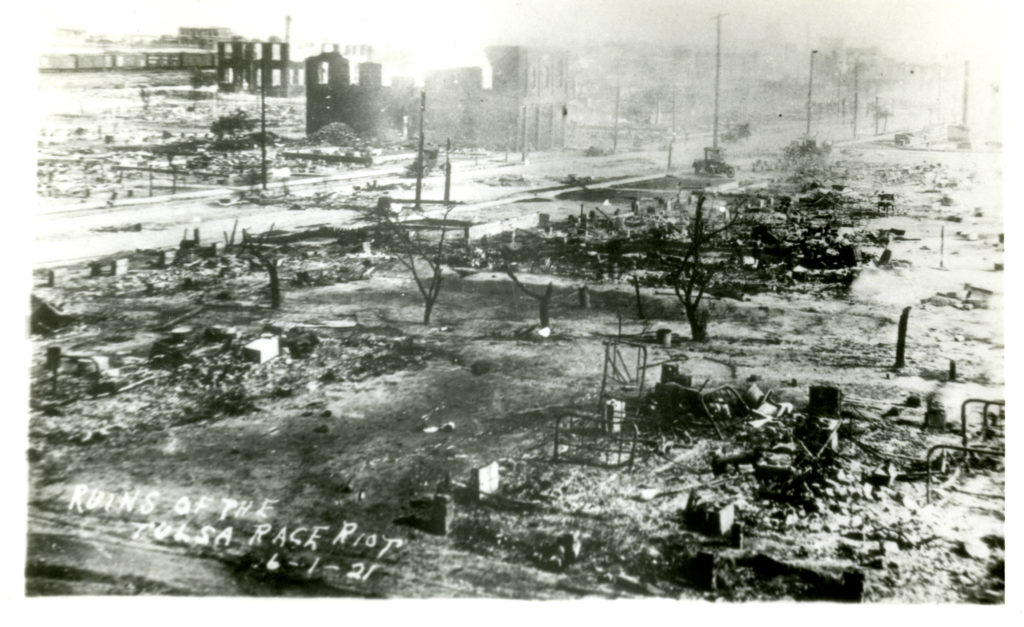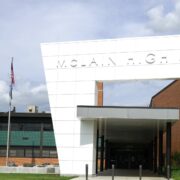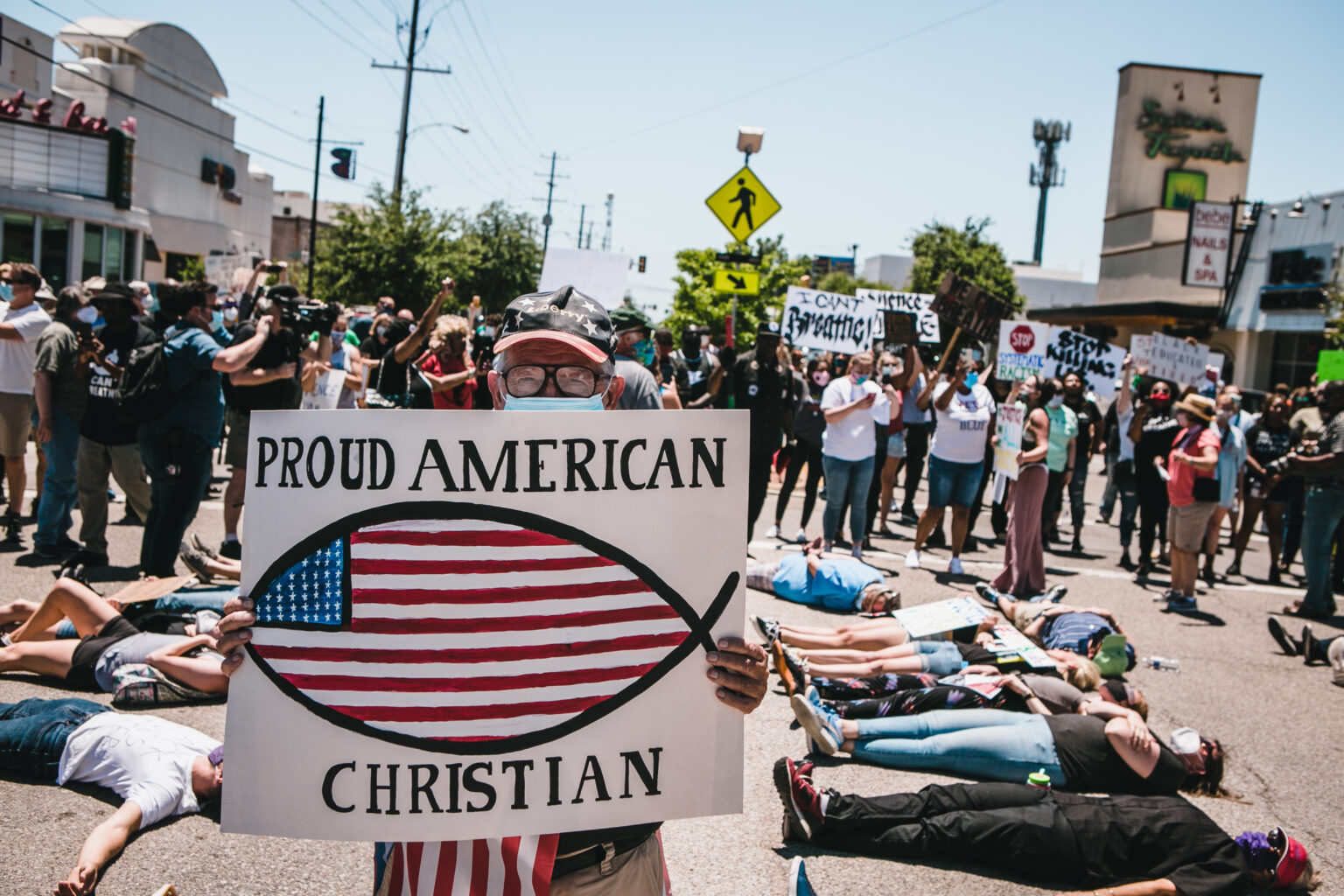
By Damario Soloman Simmons
As protests continue to convulse cities across America, many wonder where we go from here. It’s impossible to know the future. But if efforts do not include meaningful reparations for African Americans, the omnipresent injustices we face will not be resolved.
For a long time, the word “reparations” was a non-starter, but it is finally losing its taboo. The movement to provide financial redress to African Americans for centuries of subjugation and racial terror was already growing last year. HR 40, a bill that would establish a commission to study the legacy of slavery and develop reparations proposals to Congress, is enjoying a surge in support. Groundbreaking reparations legislation has been approved in Evanston, Ill. And a bill has been introduced in the California Assembly that would create a task force to study the impact of slavery and offer proposals for reparations for African-Americans in the state.
The outpouring of anger in every corner of this country in recent days — more than 400 years after the first enslaved Africans arrived in America — could finally put reparative justice within reach.
The aversion to making amends for systemic racism is perhaps most evident in my hometown of Tulsa, Okla., which last week commemorated the 99th anniversary of the Greenwood massacre.
On May 31, 1921, thousands of white Tulsans, 2,000 of whom were deputized by the police, stormed the Greenwood neighborhood, a community known as “Black Wall Street.” In one day and night, the nation’s most prosperous black community was reduced to rubble. Hundreds were killed, and more than 10,000 black Tulsans were left injured, homeless and destitute.
For decades, Greenwood managed to flourish despite racist Jim Crow laws in Oklahoma. In a matter of hours, millions of dollars in hard-fought wealth — property, homes, businesses, investments — burned to ashes. About 35 square blocks, including 1,200 homes and scores of businesses, were destroyed. Tulsa has not been the same since.
Nearly 100 years later, Tulsa is still suffering from the legacy of that violence and racism. In the segregated city, more than 33% of residents in predominantly black North Tulsa live in poverty compared with less than 14% of residents in South Tulsa. Black Tulsans are subjected to police violence — such as the use of tasers and pepper spray — 2.7 times more than whites, according to Human Rights Watch.
For the African American community, the Greenwood massacre isn’t just history — it is felt to this day.
(Reprint from the L.A. times dated June 8, 2020)









